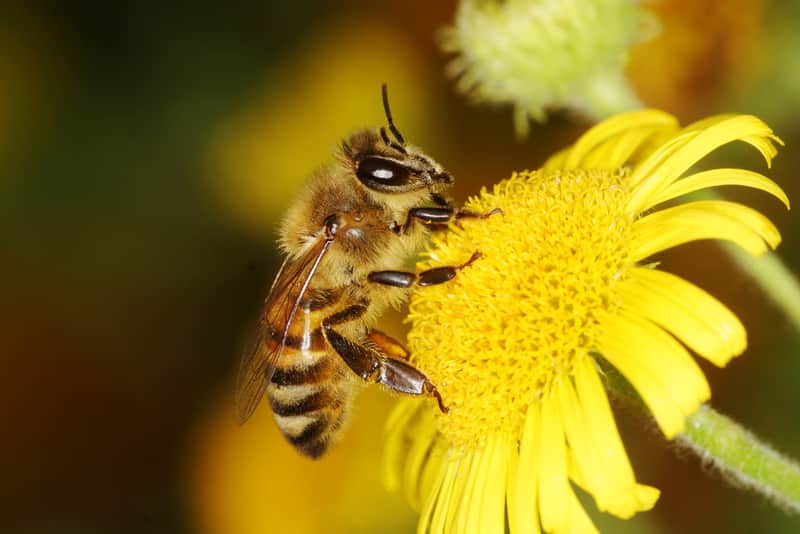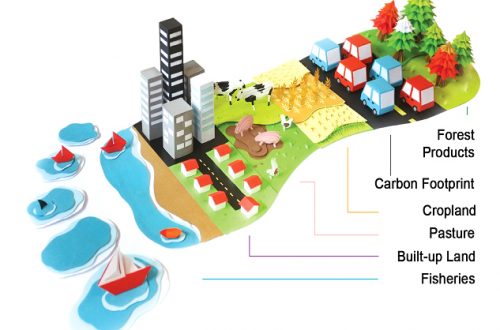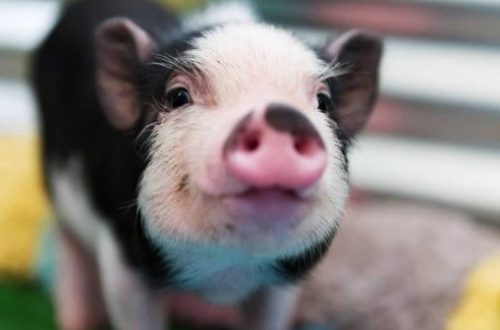
Bee Kind
Spring has officially sprung, which means you can officially start gardening again! However, it is extremely important that you make sure the plants in your garden are safe to our pollinator friends. Check the labels before purchasing any flowers or plants and do NOT purchase them if it says they have been treated with Neonicotinoids. This class of pesticide is highly toxic to bees. In fact, the three main neonicotinoids (clothianidin, imidacloprid, and thiamethoxam) were banned in Europe for all outdoor uses.
Because neonicotinoids are systemic chemicals that are absorbed into the plant, these pesticides can be present in the pollen and the nectar that the bees feed on. The long-lasting presence of neonicotinoids, although beneficial for keeping pests away, make it possible to harm bees even if the initial application occurred weeks before the bloom period. Additionally, neonicotinoids can remain in the soil and continue to be taken in by plants for long periods of time.
For additional information on the relationship between pollinators and neonicotinoids, check out this article.




